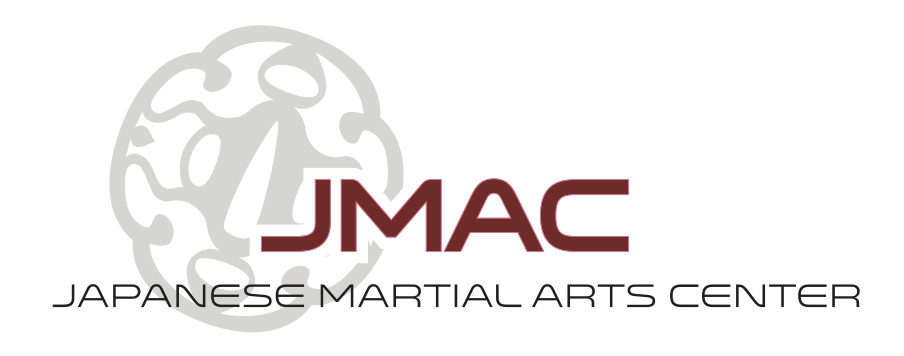Whether you are a seasoned martial artist or someone who has never been
involved in martial arts, Ann Arbor provides many choices that are of
high quality and integrity. It can be difficult to choose which program to
start with when there is such a variety. Some questions that you might ask when
picking a program are:
“Will I
be taught practical self-defense?”
“Can I
use these techniques in the real world?”
“Are the
instructors up to par with the principles they teach?”
“Do I
have to be physically fit already? Will I become physically fit with this
program?”
“Is the
place safe and clean?”
“Of all
the different martial arts Ann Arbor affords, why choose this one?”
You’ve heard the horror stories of people being taught half-baked techniques
from McDojos. You don’t want a martial arts academy that drains your wallet and
keeps you there with premature belt promotions. If practicing a martial art is
anything like dating, finding the right place can be productive and happy for
all parties involved. If it’s a bad fit, you find yourself miserable and poorer
than where you started. You just want to find the right fit.
If your first concern were self-defense, would it help you to know that at the
Japanese Martial Arts Center a female in the Judo program successfully fended
off an attacker with techniques that she learned at the dojo? You also get a
chance to train with several instructors that have specially tailored seminars
geared towards self-defense. At the end of the day, you want to leave with the
proper skills to protect yourself.
The benefit of finding the right dojo is being able to learn applicable
self-defense techniques. It means feeling confident that what you learn in the
dojo is effective and well structured, taught by instructors that are martial
arts savvy. It allows you to grow as an individual in physical fitness, mental
discipline, and self-efficacy. The right dojo for you will make you feel safe
from disease and poor training, and respected.
Of all the martial arts Ann Arbor presents, the Japanese Martial Arts
Center meets all of your standards. The traditional Japanese martial arts can
have powerful applications with devastating results. World-class instructors
that have not stopped learning, competing, and growing as martial artists will
teach you. We are more interested in your growth as a martial artist than using
promotions as an incentive of keeping you. You will be in programs that have
safe, structured curriculum, which are appropriate for all age groups,
including kids, young adults, and adults.
Getting started is easy. You aren’t asked to fork out cash and sign a contract
when you enter the door. Instead, you are welcome to watch a class or two in
the program that you are interested in. If the training looks like something
that would appeal to you, then you can arrange for two FREE private
introductory lessons with one of the instructors. In those lessons, you will be
taught basic etiquette and enough fundamentals where joining the other students
will feel effortless.
FAQs
Are the
techniques effective?
Yes! We
teach traditional Japanese martial arts, with rankings that are recognized by
the Shudokan Martial Arts Association. We have students that go on to compete
in national and state level tournaments, often coming away with medals in kata
and randori divisions. We also have students that have gone on to defend
themselves in life-threatening situations.
Would I
be welcomed there?
Yes! It
doesn’t matter where you are in your martial arts career, how physically active
you are, or your personal identity. As long as you are respectful of other
students’ safety, you will get the chance to work in an environment that both
challenges and encourages you. We have classes for children, teens, and adults.
Is it a
clean, safe facility?
Yes! The
claim to fame that this martial arts Ann Arbor dojo has is the spring tatami
mat, which ensures safe falls. (There are over 1400 springs in the floor, which
makes it bouncy and increases your longevity as a martial artist!) The
curriculum is structured with evolving, intelligent techniques and occasional
conditioning to create the optimum environment for a burgeoning martial artist.
Are the
instructors qualified to teach?
Yes, and
then some! For example, the head instructor, Suino-sensei, has a two-generation
martial arts lineage that extends to the legendary Mifune Kyuzo. He has
published influential material extensively in the martial arts field, including
The Arts of Japanese Swordsmanship. He holds positions in several
international martial arts committees. You can view other profiles here.
Getting
Started with the Japanese Martial Arts Center
If the Japanese Martial Arts Center sounds like it might be a good fit
for you, you’re more than welcome to come in to watch a class. Call us at (734)
645-6441 to arrange a time to visit, or check the schedule and come in when a
class is happening. (Advanced courses are not open to the public, however.) If
you feel more comfortable with email, you can message info@japanesemartialartscenter.com (or use
the contact box at the top of this page) or message Kaily at kaily@japanesemartialartscenter.com.
You can
also visit us at 3853 Research Park Dr, Ann Arbor, MI 48108.



